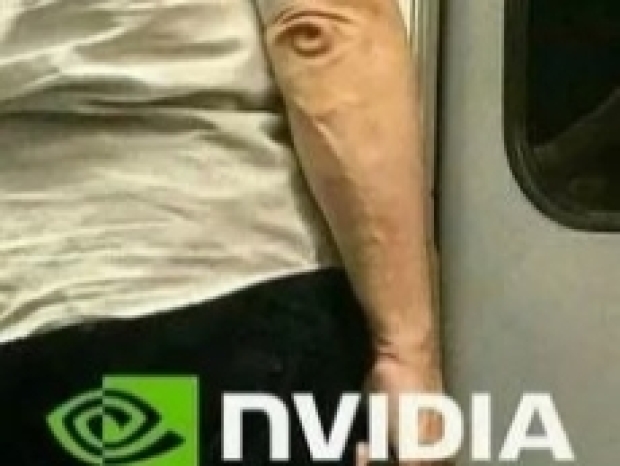Trump told CBS: “The most advanced, we will not let anybody have them other than the United States. We don’t give the Blackwell chip to other people."
It is a major setback for Nvidia chief Jensen Huang, who had hoped that the thaw in US–China relations might open the door for Team Green’s re-entry into Beijing. Instead, the White House has slammed it shut, effectively killing off any chance of China getting its hands on Nvidia's most powerful AI silicon.
Until recently, Trump had suggested that the Nvidia–China dispute was “a matter between the two sides,” with Washington acting merely as referee.
His latest statement clearly states that China will not get its paws on what Trump considers “high-end” AI chips.
For Nvidia, the fallout is severe. Jensen Huang has admitted that revenue from China has already dropped to zero and that any recovery would be “a bonus.” Before the export bans, China accounted for a hefty portion of the company’s sales, particularly in AI data centres.
Nvidia is stuck pushing the older Hopper H20 accelerators in the region, a product that has failed to gain much traction.
The situation is further complicated by Beijing’s increasingly frosty stance towards American hardware. Local firms have been encouraged to shift to domestic AI chip suppliers, leaving Nvidia frozen out from both sides.
With the US government tightening restrictions and China pushing back, the company’s grand AI ambitions in Asia look more like a mirage. For now, Huang will have to settle for a future where the world’s second-largest economy remains firmly off-limits, and Blackwell’s cutting-edge silicon stays at home.




